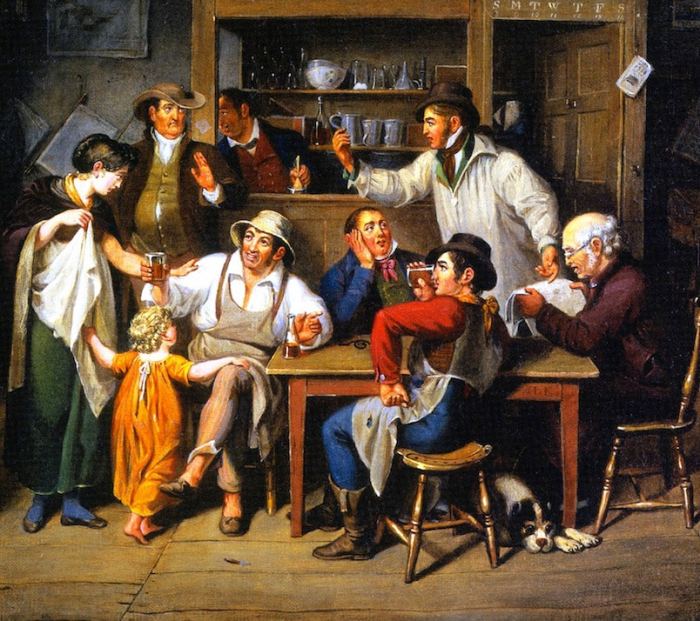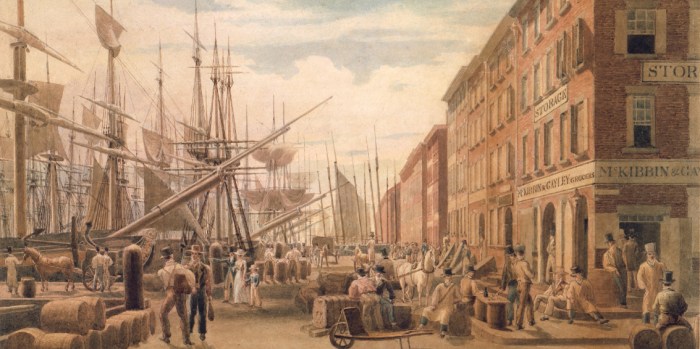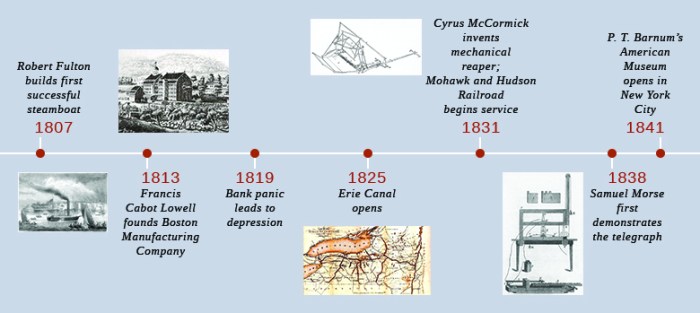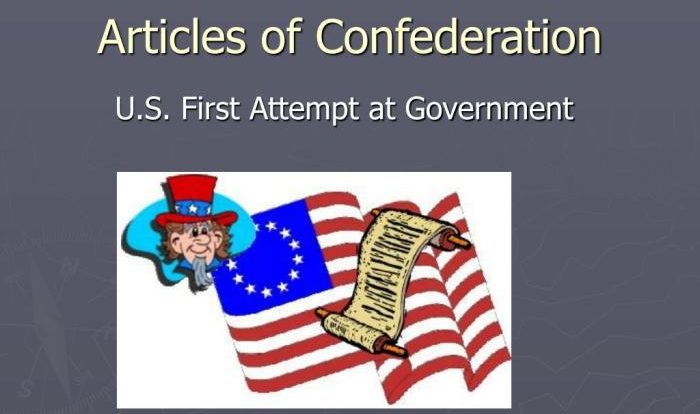Revolutionaries of the late eighteenth and early nineteenth century – Revolutionaries of the late 18th and early 19th century emerged as catalysts for profound societal transformations. Inspired by Enlightenment ideals and driven by socio-economic grievances, these individuals ignited movements that reshaped political systems, social structures, and cultural values, leaving an enduring legacy on the modern world.
Their quest for liberty, equality, and individual rights sparked revolutions across continents, challenging established norms and paving the way for democratic principles and constitutional governance. From the American Revolution to the French Revolution, these revolutionaries left an indelible mark on history, shaping the course of nations and inspiring generations to come.
Historical Context

The late 18th and early 19th centuries witnessed a surge of revolutionary movements that transformed the political landscape of the Western world. These upheavals were sparked by a complex interplay of historical events and underlying social, economic, and political factors.
The American Revolution (1775-1783) ignited the spirit of rebellion against colonial rule and provided a model for subsequent revolutionary struggles. The French Revolution (1789-1799) shattered the foundations of the ancien régime and unleashed a wave of radicalism that spread across Europe.
Underlying these events were profound shifts in economic and social structures. The Industrial Revolution led to rapid urbanization and the emergence of a new working class. Enlightenment ideas challenged traditional authority and sparked demands for individual rights and political participation.
Ideological Influences

Revolutionary thinkers were deeply influenced by the ideas of the Enlightenment. These ideas emphasized the power of reason, the importance of individual liberty, and the social contract between citizens and the state.
John Locke argued that individuals possessed natural rights to life, liberty, and property. Jean-Jacques Rousseau believed that sovereignty resided with the people and that governments were created to serve the general will.
These ideas provided a philosophical foundation for revolutionary movements, justifying their demands for self-government, the abolition of feudal privileges, and the establishment of constitutional republics.
Key Figures

Numerous charismatic and influential figures emerged during this period of revolution.
Thomas Jefferson, Revolutionaries of the late eighteenth and early nineteenth century
Thomas Jefferson, the principal author of the Declaration of Independence, was a staunch advocate for individual rights and limited government. His writings and political actions inspired revolutionary movements both in America and abroad.
Maximilien Robespierre
Maximilien Robespierre, a leading figure in the French Revolution, embodied the radical ideals of the Enlightenment. His pursuit of a “Republic of Virtue” led to the Reign of Terror, a period of intense political violence.
Clarifying Questions: Revolutionaries Of The Late Eighteenth And Early Nineteenth Century
Who were the key figures of the revolutionary era?
Prominent revolutionaries included George Washington, Thomas Jefferson, Maximilien Robespierre, and Simón Bolívar, among others.
What were the major causes of the revolutionary movements?
Socio-economic inequality, political oppression, and the rise of Enlightenment ideas fueled revolutionary sentiments.
What were the long-term consequences of the revolutionary era?
The revolutions led to the establishment of democratic governments, the spread of human rights, and the abolition of feudal systems.
